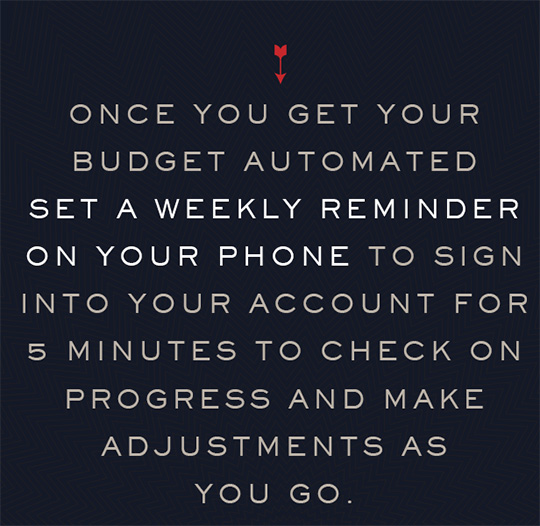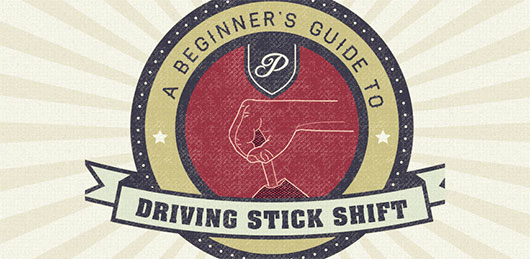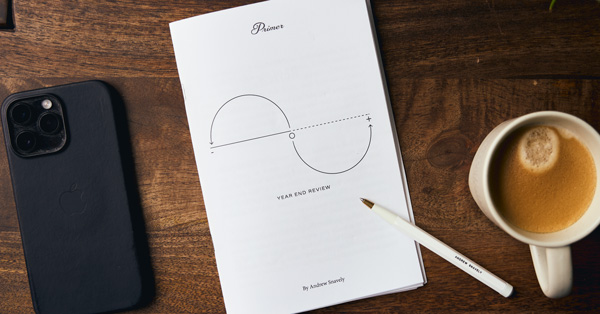Matt Cosgriff is a Certified Financial Planner™ and personal finance expert for young professionals.
The New Year is fast approaching and with it comes the emblematic New Year’s resolution. The beginning of a new year for many of us sparks a new beginning full of possibilities and a time for improvement. We find ourselves reassessing the year prior and dreaming of how we might improve our relationships, health, finances, careers, and more heading into the New Year. We want to work out more, eat out less, accelerate our careers, and find that special someone, but the unfortunate irony is according to a recent study only 8% of us actually stick to any of our New Year’s resolutions.
So why is it that so many of us are so diligent in setting New Year’s resolutions year in and year out, but more often than not we accomplish very little? Sure, many of us start budgeting and plan to eat out less but by springtime we’ve more than likely reverted back to our hold habits. But why? Why do so many New Year’s resolutions fall through on execution when they are so well intended? The answer in a word… behavior.
Behavior is the hardest thing for people to change because it requires us to change habits, many of which are likely well ingrained into our daily lives and this is especially true when it comes to our money habits. So what is one to do when it comes to changing financial habits and improving our finances heading into the New Year? The answer is to focus on how you can tackle the behavioral aspect of the resolution you are looking to achieve.
Here are four tricks to dominate your finances at the start of 2016 that will set you up for success through the whole year, not just until the snow melts.
Automate Your Savings
Many of you (myself included) will attempt to save more in 2016. We realize the importance of saving often and early, but in most cases we fall short of what we should be saving. The number one secret to fixing this is simple, automate.
By automating your savings you eliminate the possibility of life getting in the way of what you are trying to achieve. Let’s face it we are all busy with endless commitments on our time, so in 2016 be sure to automate the most critical component to financial success, your savings. Do your best to bump up your 401(k) contribution to 10% of your paycheck or at the very least increase it to a level where you will maximize any company match. This is a great starting point for your savings and by automatically saving the money before you get the chance to spend it you help tackle your behavior.
Perfect Your Budget
Take 15 minutes this week and put together a budget. It doesn’t have to be perfect and you don’t need to create any spreadsheets in Excel. Simply grab a piece of paper right down your fixed expenses (i.e. rent, car insurance, cell phone bill) and your variable expenses (i.e. groceries, fuel) and see where you end up. This is step one and should give you a basic idea of how much your planned expenses are each month. From there you need to automate your budgeting. Check out many of the online budgeting tools (Mint.com is the most popular) and sign-up. It only takes a few minutes to get started and many of the online platforms will allow you to connect all of your financial accounts so you have one central location to go to begin tracking your spending.
Once you get your accounts connected set up budgets for each of your planned fixed and variable expenses. Mint.com and many of the online platforms will then categorize your expenses as you spend allowing you to effortlessly track your monthly progress with your budget. Again, the trick to better managing your spending is to automate the heavy lifting, in this case the actual managing of your budget. Once you get your budget automated set a weekly reminder on your phone to sign into your account for 5 minutes to check on progress and make adjustments as you go. By simply keeping a budget you keep your spending top of mind, ultimately moving you one step closer to conquering any bad spending habits.
Use Envelopes to Conquer Your Weak Spots
Most of us have an idea of where the black hole is when it comes to our budget. Mine is eating out. I love food and I love the social aspect of eating out with friends, but it comes with a caveat. It isn’t cheap! So as you head into the New Year focused on curbing your spending and better managing your money, determine what your spending black hole is. Once you have, work on tackling the behavioral issue the old fashioned way, with an envelope and some cash.
Personal finance guru Dave Ramsey is a big proponent of this strategy for all expenses, but for now let’s just focus on your weakest areas. Essentially at the beginning of each month take out the fixed amount you’ve budgeted for whatever your weakest spending area is. We’ll use food as an example because it is a common one among millennial guys. If you plan to spend $500 on groceries and restaurants over the month take out $500 in cash and put it in an envelope. Then each day you take out however much you will need that day and that is all you have to spend. Once the money is gone you better hope the month is over.
This simple strategy can be extremely effective because it forces you to constantly be aware of what you are spending. It helps to create accountability and helps to conquer the behavioral issue by making the transaction more tangible; the money is right there leaving your hand as you pay!
Automate Your Investments
Repeat after me, “Investing is not supposed to be sexy!” Despite what you see on CNBC and other mainstream media channels, investing should not be sexy. In fact, good, long-term investing should be downright boring. Carl Richards, arguably the top personal finance guru in the country, is a big proponent of this concept and you would be wise to listen. It is so easy to get caught in the trap of thinking that you should be in your account daily making trades or trying to time the market to get out right at the top and back in right at the bottom, but it is nearly impossible.
Despite the fact that many investors recognize this and know this wholeheartedly, it can be very difficult to live by those words when the market gets turbulent as our emotions come into play. We begin to get anxious as our hard earned portfolio begins to take a dip (fear) or we get really excited as it rises extremely fast and decide to put more money in at the top (greed). And so to tackle these common emotional pitfalls the best thing you can do is to simply automate your investments and forgot about them.
If you’re reading Primer my assumption is that you are a millennial guy, not your grandpa. With that established, it’s likely that most of your savings and investments are being stashed away for some long-term goal like retirement. So if you find yourself constantly looking at your 401(k) balance or checking the value of your stock portfolio on your phone try a simple trick in 2016. Diversify your portfolio and then delete the apps from your phone, remove your favorite links from your web browser and challenge yourself to not look at your account for a week. Then a month. Then a year. Go spend time with friends, be outside and let the market do what it does best, grow at a slow pace over the long-term.
In Cass Sunstein’s book, Nudge, he talks about how small nudges can be used to effectively help us better manage our money, health, and lives. The premise is that by simply rearranging choices we can impact the decisions people will make. In the examples above, the goal is to rearrange the choices to force yourself to make the best decisions financially. By deleting your finance apps you are structuring your life in a way that makes it much harder to be constantly looking at your accounts. It is these simple nudges that can make a world of difference with your finances and your life.
So how will you use nudges to improve your finances and other aspects of your life in 2016?












![It’s Time to Begin Again: 3 Uncomfortable Frameworks That Will Make Your New Year More Meaningful [Audio Essay + Article]](https://www.primermagazine.com/wp-content/uploads/2025/01/begin_again_feature.jpg)



